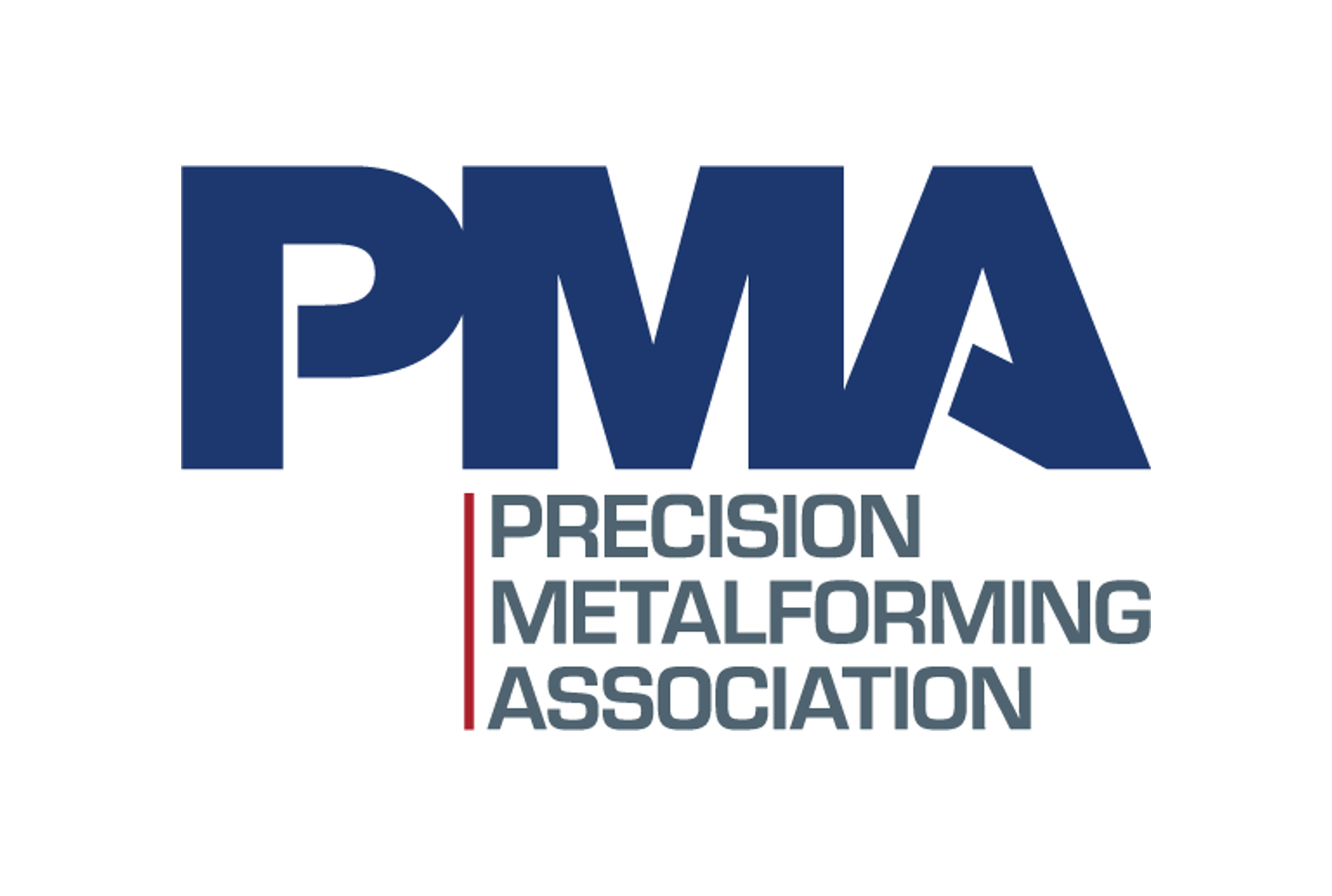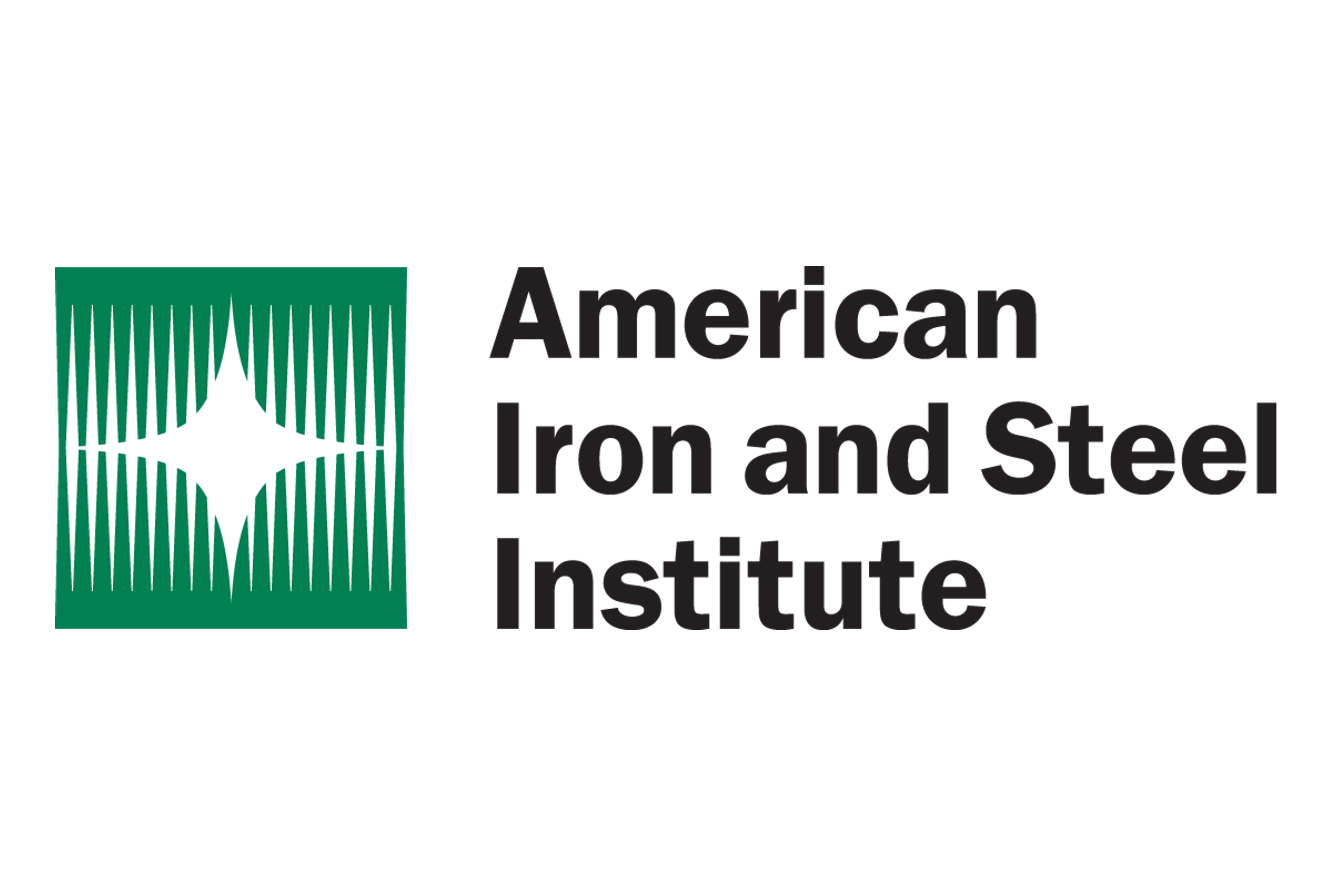Market Data

August 24, 2016
Fair Pay and Safe Workplace Rule Finalized
Written by Sandy Williams
A new federal regulation will require contractors to toe the line on safety, workplace discrimination, organizing rights, minimum wage compliance and overtime rules if they want to win federal contracts. The order is called “Fair Pay and Safe Workplaces” and has been in creation since 2014. The rule has now been finalized by the Department of Labor and Federal Acquisition Regulatory Council and enacted by President Obama by Executive Order on Aug. 23, 2016.
Contractors bidding for federal projects will have to disclose labor violations that occurred during the previous three years, including findings by federal agencies, courts, or arbitrators. The ruling targets the disclosure of “serious” and “willful” violations and would probably impact less than 10 percent of contractors, said administration officials.
An investigation the Senate Health, Education, Labor, and Pensions (HELP) Committee in 2013, revealed widespread labor law violations among major government contractors. The Committee found that 30 percent of companies receiving the highest penalties for federal labor law violations were also federal contractors. The report showed 49 federal contractors were responsible for almost 1800 separate enforcement actions between 2007 and 2012. In 2012 those same companies were awarded $81 billion in federal contracts.
Fines alone do not create a strong enough incentive for employers to improve safety say proponents of the new ruling.
“This rule affirms the notion that contracting with the federal government is a privilege, not an entitlement,” said Labor Secretary Tom Perez. “The contractors who are doing the right thing should not have to compete for contracts with those who don’t.”
Stephen Sandherr, chief executive officer of the Associated General Contractors of America calls the new rule “a step in the wrong direction when it comes to weeding out the very few unfair and unscrupulous federal contractors.”
Sandherr said in a statement that AGC has worked hard to make sure honest firms are not forced to compete with bad firms that cut corners on safety or fail to properly compensate workers. The association has worked with the federal government to establish a “clear-cut and fairly-administered suspension and debarment program” to deal with offenders. The new rule, says Sandherr, will give unelected bureaucrats the latitude to impose “separate and inconsistent consequences” on firms that have been arbitrarily chosen for punishment.
Said Sandherr, “While there are many flaws with this new measure, one of its biggest is that it gives federal officials enormous discretion to decide which firms should be singled out for punishment. For example, it allows a federal contracting official to give greater weight to the same safety violations depending on which firm was accused of committing them. Such subjective criteria opens the door to punishing federal contractors based on which political, social or labor causes they support, instead of their safety performance or treatment of workers.
“This new rule will make it extremely difficult for many firms, particularly smaller ones, to continue working with the federal government. While all federal contractors will face difficulties finding ways to deal with the added new compliance and risk costs, smaller firms especially will likely decide the risks far outweigh the reward. As a result, an administration that frequently claims to champion the cause of smaller business will have yet again made it difficult for them to perform federal work. Needless to say, we will explore all possible legislative and legal measures for undoing this deeply troubling and unnecessary new federal mandate.”
Republicans have criticized the mostly Democrat-supported rule as unnecessarily burdensome on businesses, calling it the “blacklisting” order.
The administration said it will phase in the ruling beginning on October 25, with contractors disclosing violations for only the previous year and only when seeking contracts valued at $50 million or more.
The phase in process will increase the contract value to $500,000 on April 25, 2017. By Oct. 25, 2018, contractors will be required to submit the full three years of violations to the Labor Department when seeking federal contracts. Subcontractors will begin reporting violations Oct. 24, 2017.
A PDF of the ruling can be accessed from the Federal Register here.







